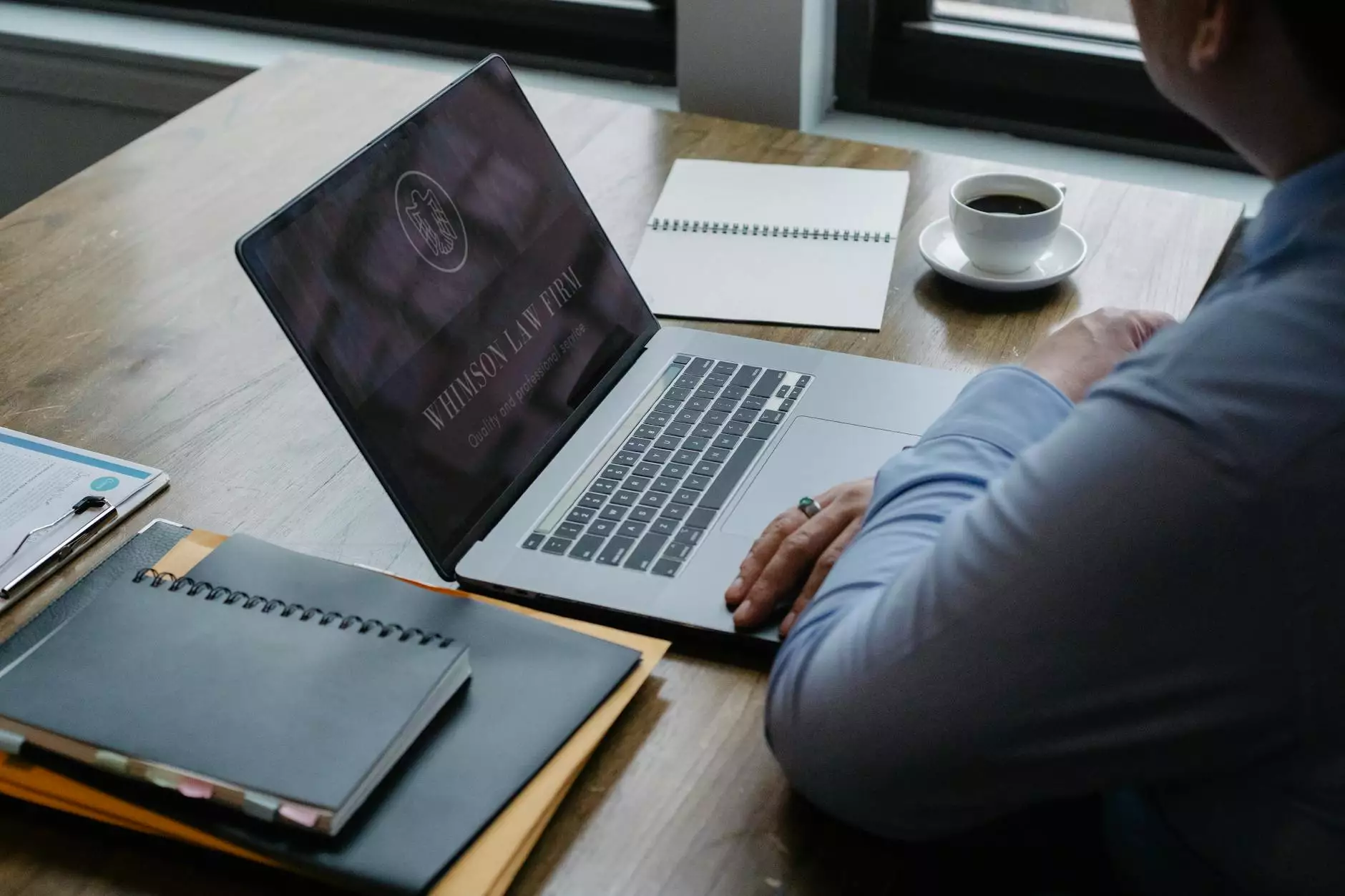How to Protect Your Website from Hackers
Blog
Welcome to Smartbiz Design's comprehensive guide on protecting your website from hackers. In this article, we will dive deep into the world of website security and provide you with invaluable tips and strategies to keep your online presence safe and secure.
Understanding the Importance of Website Security
In today's digital landscape, website security is of utmost importance. Hackers are continuously evolving, and their tactics are becoming more sophisticated. As a business or website owner, it is crucial to stay one step ahead and ensure that your valuable data, sensitive information, and customer trust are protected.
The Risks of Cyber Attacks
Cyber attacks can have devastating consequences for businesses. Not only can they result in financial losses, but they can also damage your brand's reputation and lead to legal issues. Common risks associated with cyber attacks include:
- Data breaches
- Identity theft
- Phishing scams
- Website defacement
- Distributed Denial of Service (DDoS) attacks
Take Your Website Security Seriously
Now that we understand the risks involved, it's time to take website security seriously. By implementing robust security measures, you can significantly reduce the likelihood of falling victim to hackers.
Essential Website Security Measures
Below, we outline some essential website security measures that can help protect your website from hackers:
1. Keep Your Software Up to Date
Regularly updating your website's software, including content management systems (CMS) and plugins, is crucial for maintaining security. Software updates often contain security patches that address vulnerabilities hackers could exploit.
2. Use Strong and Unique Passwords
Creating strong and unique passwords for all your website accounts is vital. Avoid using common or easy-to-guess passwords. Consider using a password manager to securely store your login credentials.
3. Implement Two-Factor Authentication (2FA)
Two-Factor Authentication adds an extra layer of security to your website. By requiring a second form of verification, such as a code sent to your mobile device, you can significantly reduce the risk of unauthorized access.
4. Regularly Backup Your Website
Regularly backing up your website's data provides an additional layer of protection against hacking incidents. In the event of a security breach, you can easily restore your website from a previous backup.
5. Install a Web Application Firewall (WAF)
A Web Application Firewall (WAF) helps filter and block malicious traffic attempting to access your website. It acts as an added security measure, continuously monitoring and mitigating potential threats.
6. Secure Your Hosting Environment
Choose a reputable hosting provider that prioritizes website security. Ensure they have measures in place to protect your website from common security threats.
7. Regularly Scan for Vulnerabilities
Perform regular security scans on your website to identify any vulnerabilities. There are various online tools and services available that can help you detect and address potential security loopholes.
Conclusion
Securing your website from hackers should be a top priority. By following these essential security measures, you can greatly mitigate the risks associated with cyber attacks. Remember, prevention is key when it comes to website security. Stay vigilant, stay informed, and protect your online presence from harm.
For professional assistance with website security and safeguarding your online assets, trust Smartbiz Design – a trusted name in the Business and Consumer Services industry. Contact us today to learn more about our comprehensive digital marketing solutions.










